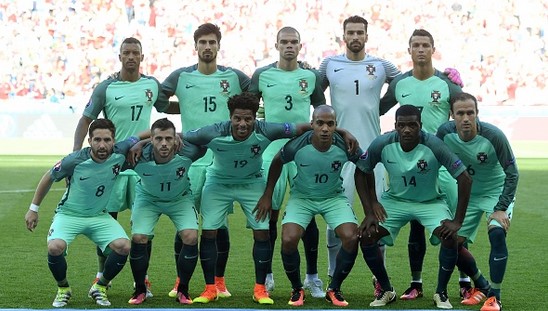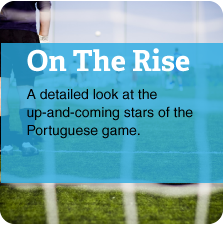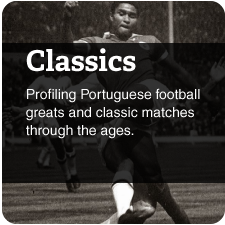 Portugal’s game against Hungary was a reminder of just how emotionally exhausting it is to be a supporter of the Seleção.
Portugal’s game against Hungary was a reminder of just how emotionally exhausting it is to be a supporter of the Seleção.
It also reinforced my belief that the team is struggling with its identity in the tournament. And, unless addressed, that could be Portugal’s undoing when they face Croatia.
So what does that actually mean?
Simply put, we witnessed two different Portugals in the group stage: the team that played Iceland and Austria, and the one that despairingly shot itself in the foot time and again against Hungary.
That identity crisis rests on two major factors
Cristiano Ronaldo’s role
The first concerns Cristiano Ronaldo. Clearly, the captain has improved as the tournament has progressed. However, equally as clear, and arguably more important, has been the contrast in his play. Whereas we saw a much more individualistic Ronaldo in the first two games, the third evidenced a player much more willing to forego the role of protagonist in order to become much more of a facilitator.
Ironically, Ronaldo’s newfound deference enabled him to become the protagonist. No longer attempting to take the game by the scruff of the neck and forcing himself into it, Ronaldo trusted his teammates to find him in scoring positions. Simply put, and in terms any Portuguese speaker will understand, Ronaldo did not go looking for the game. The game found him.
Still, regardless of the fact that the recipe worked, trusting that it will be inevitably repeated against Croatia is foolhardy. And that is solely because one gets the impression that Ronaldo has not come to terms with not being the same player he was between 2004 and 2012.
This is where the identity matter comes in. It is painfully apparent that Portugal cannot succeed with Ronaldo pulling the strings. In doing so, he renders his teammates virtually useless, pigeonholing them into situations where their talents go to waste. Instead, the captain must allow himself to become the No9 that brings his compatriots into the game, by holding the ball, distributing it, and making productive runs into the penalty box. Essentially, Ronaldo must leave the creativity to his younger supporting cast. In the second half he did just that, and it absolutely transformed players like João Mário and Ricardo Quaresma.
A winning mentality
The second factor, if you believe José Mourinho, is seemingly inexorable from the Portuguese footballing psyche. According to the loose-lipped manager, the Portuguese do not have a winning mentality, and when a grand occasion presents itself, the Seleção is essentially overcome by it.
I have always agreed with that judgment. After all, Portugal has been presented with plenty of opportunities to write itself into the annals of footballing glory – none more vivid than Euro 2004 – only to be left with the excruciating memories of what could have been (the legacy of the so-called Golden Generation, if you will).
Though, there have been moments in major tournaments where Portugal showed the mental fortitude to overcome what seemed like insurmountable obstacles. In 2000, after trailing by two, the Portuguese mounted an incredible comeback against the English, ultimately prevailing 3-2. Four years later, England was victimized once again, when Portugal overcame an early deficit, and ended up winning after a penalty shootout that deified Ricardo and his gloveless hands. There were also the games against Denmark and Holland in 2012’s Group of Death.
Sadly, we know how those Euros ended for Portugal, perhaps suggesting that there was only so much adversity that those teams could overcome.
Wednesday’s game against Hungary was yet another of those moments. With their backs to wall three different times, the Portuguese clawed their way back into the game to earn a crucial point.
What remains to be seen is whether that game was a turning point for an underperforming Portugal, or another reminder of Portuguese fragility.
A loss to Croatia will reinforce the perception that the Seleção is merely a pretender in major tournaments, carried by the exploits of a self-involved superstar. But a win, a win may just be the beginning of a much needed identity shift.
By Eric Krakauer




